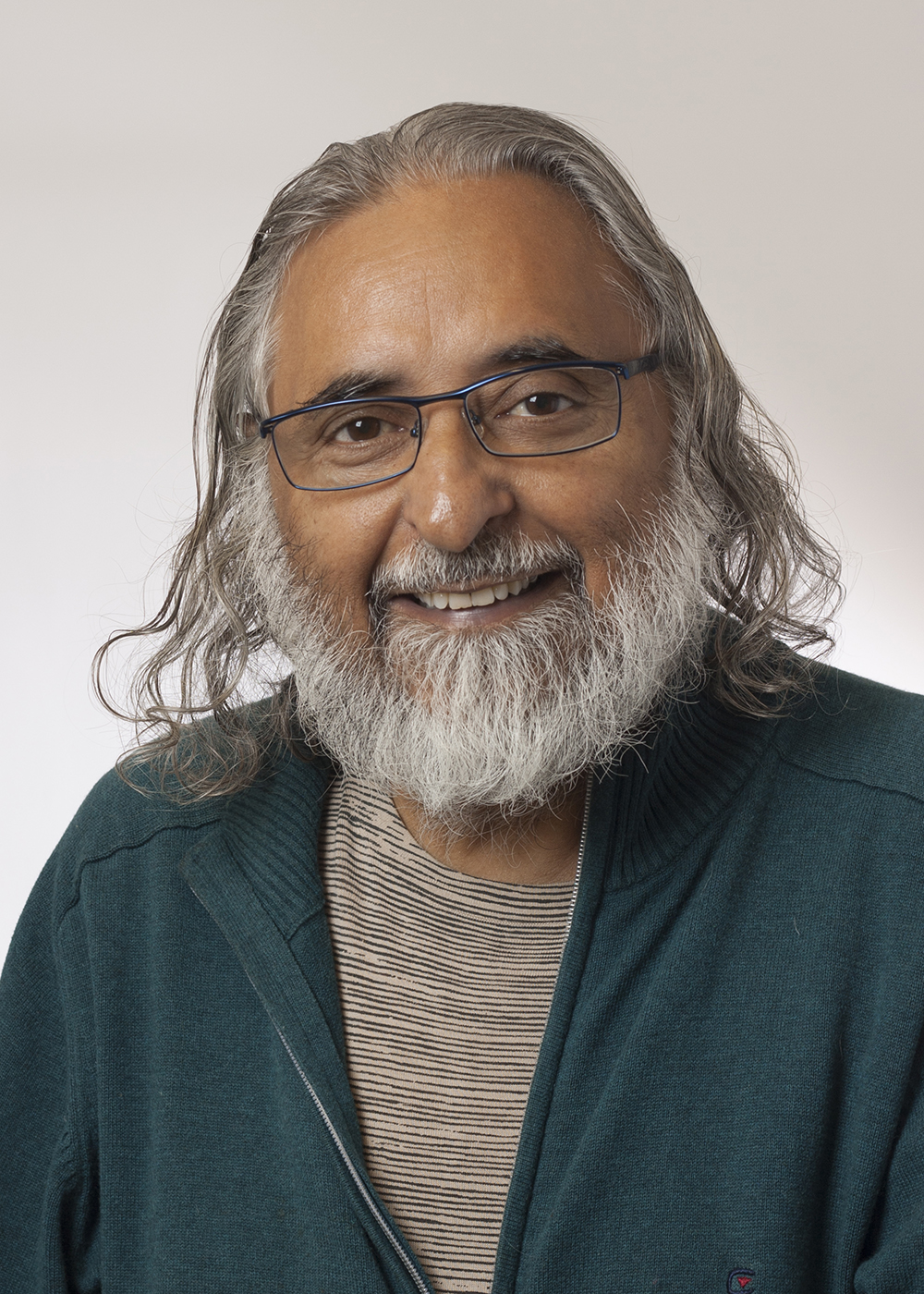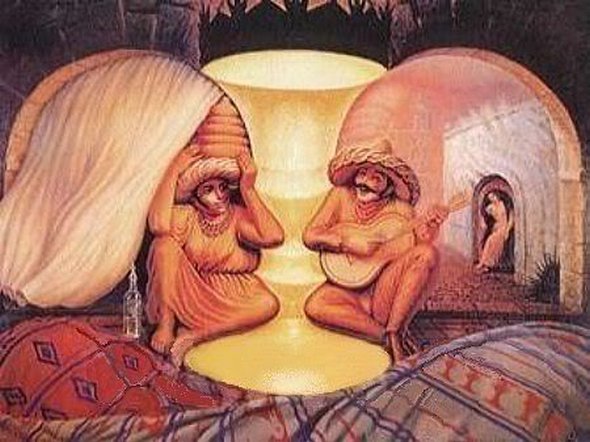If you have read my previous three write-ups in this series, then you know that I am living in old age. I stepped into old age eighteen years ago when I crossed the limit of the essential lifespan of 45 years for our species. I may call this period as middle age, early old age, pre-elderly state or whatever else that makes me feel good. The plain biological fact is that I have been living in old age for the last almost two decades. It is a privilege, and not a birth-right.
I owe this privilege to the great achievements of human intelligence, innovation, and biomedical and other technological developments. During most of human history, this privilege of living in old age was an extreme rarity that very few ever achieved. That, perhaps, is why the individuals surviving to very old ages were admired, respected and adored. Now most of us take it as if it is our birth-right that we should live more than double the essential lifespan of our species.
Entering into the 64th year of life, I am experiencing several shades of old age. To begin with, these shades are biological and physiological. I have written about those in my previous article #3 in this series. My body is definitely following the biological law that ageing is progressive, intrinsic and impairing. What it means is that ageing of my body is happening more and more; it is happening from within; and it is slowing me down at all levels.
But then there are several psycho-social shades of living in old age…
When I look into the mirror, I like myself much more than twenty-thirty years ago. Even though my hairline has receded a bit, I still have long and curly hair with various shades of grey. My beard is turned almost all white, and I like it. I see myself with a somewhat wrinkled face of a mature, wise, self-confident, smiling man. I imagine that is how others also see me.
My early old age, from 45 onwards and until now, has been a wonderful period of becoming confident in myself, and enjoying power, fame, and respect in my professional life. It is during this period of living in early old age that I have made my best scientific work. I have taught and guided many young students, some of whom have become successful scientists themselves. I feel that I am not no-body anymore. I have an identity. I am somebody. All these are my rewards and privileges of living in old age.
My psyche is much better in keeping me stable during uncertainties and insecurities of the professional and private life. I have also become much better in listening to others. I am much more tolerant towards my students. I am much more socially empathic. I am much more willing to share my materialistic and intellectual holdings. I feel free from the rat-race imposed by the gods of money ruling over our society.
But I also realize that all those desirable qualities of old age depend on my social side of life. My experience, my wisdom, my empathy, my tolerance and other qualities are only meaningful if you also see them, acknowledge them, recognise them, accept them, use them, and encourage them as such.
It scares me when I constantly hear “elderly burden, elderly burden” from the managers of society. It scares me when I see my access to healthcare becoming more and more limited. I become frightened when I feel becoming invisible and dispensable. I become frightened when I imagine myself becoming lonely and forgotten.
This does not mean that I simply want to become young again. No, I don’t want to be pushed and pressurised to behave and work against my age. I don’t need to pretend and reverse my age numbers from 62 to 26, or from 72 to 27. That will create a paranoic confusion between the biological realities of the body and the socially-imposed wishful fantasies of the mind.
As a biogerontologist, I know that at the body level there are practically no chances of stopping ageing, reverting ageing or eliminating death in my life time. Whatever the sellers of miracle cures claim them to do, those claims are mostly false promises either based on ignorance or are deliberate lies.
Of course, I want to maintain health for as long as possible. Food, physical activity, and social and mental engagement are the three pillars of health. Sociological, psychological and biological research shows that a wise use of the three pillars of health can maintain and strengthen them further. The wisdom of health is built upon in the principles of pleasure, moderation and variety applied to the three pillars. Having pleasure in what one eats, what one does, and with whom one socialises is the first crucial requirement. Doing these things in moderation and with variety are the two other fundamental requirements for pillars of health.
I want to continue to live in old age to a very high age, with whatever my bodily frailty brings along. And I trust the sincere efforts of scientists and engineers in developing effective means of health care, mobility and personal dignity. I will feel no shame in using all the medical, technological and social help to have the privilege of living in old age.
Our age and how we perceive it and live in it determine all aspects of our physical, mental and social health. Our behaviour and attitude towards others depend on how we understand our own age and, not least, the ages of other people.
I don’t live in any fear of becoming old physically. I recognize that I’m already living in old age, and becoming older and older. I am not “anti-ageing”. It is a great privilege to live in old age. Nature never intended it for us. I am ready to embrace my advancing age. I hope that you and our society are also ready.
I hope that we – who are living in old age – are visible, accepted, recognised, tolerated, and included in all spaces of public and private life. Don’t measure my value only in terms dictated by the gods of money. My experience, my wisdom, my identity, my humanity look up to you as my mirror and as my gardener.


